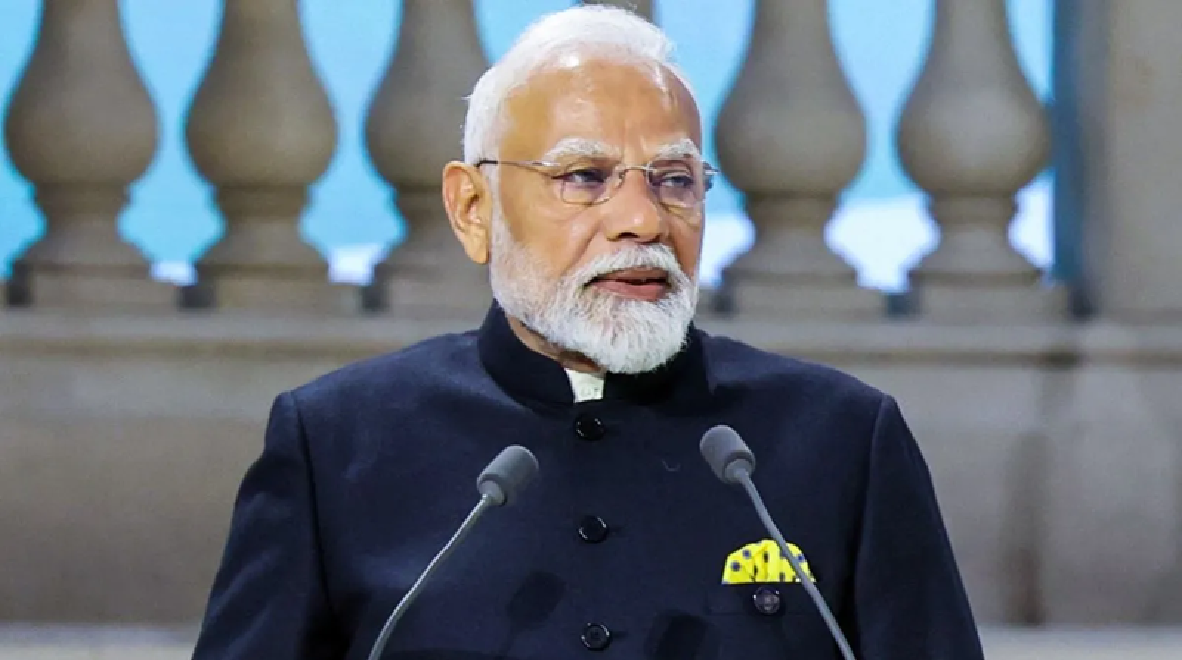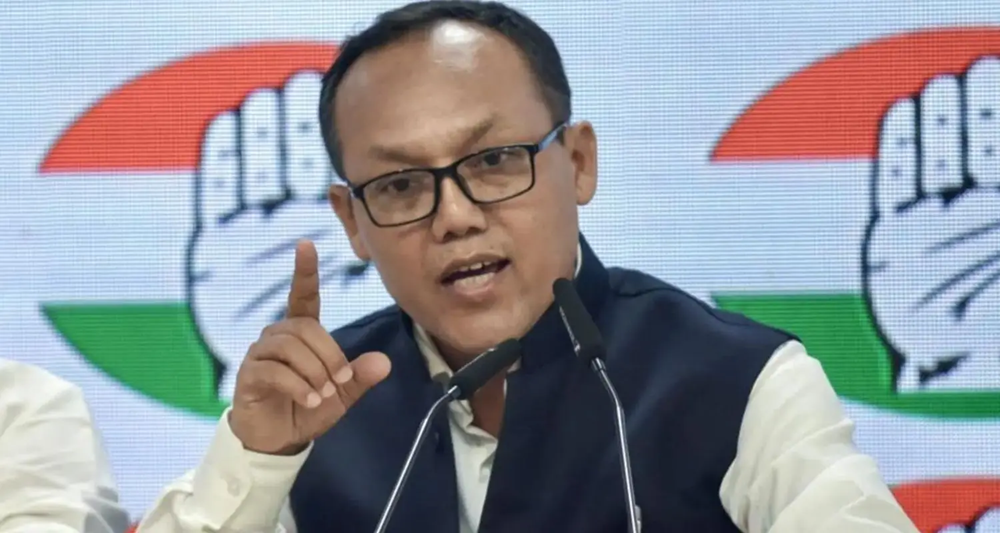
There is a dire need to put ed back in edtech with emphasis on transparency
Considering edtech's perceived accessibility, experts say that this may not be the case in eradicating inequality and call for caution
NT Correspondent
India is now the world's second-largest market for elearning, with the sector's future evaluation pegged at $30 billion, which is more than double that of India's education budget. This has grown during the pandemic, with a reported 30 per cent increase in the time spent on education apps on smartphones since the first lockdown in 2020.
In light of the recent layoffs by edTech companies like Byju's, the question that needs to be asked right now is, 'Is edtech a danger to education?' This was the topic of the panel discussion organised by Oxfam India and IT for Change, which featured Anjela Taneja, Gurumurthy Kasinathan and Binay Pathak. Anjela, who works with Oxfam as the lead on public service and inequality policy, highlighted that due to the inadequate access to technology in rural areas, edtech was deepening inequalities in the system.
"Only 4 per cent of houses had computers, and less than 15 per cent of houses had internet connections in rural areas at the start of the pandemic. And with an edtech course starting at Rs 20,000, it is almost 70 per cent of a household's income, and most houses can't afford it," Anjela said. The findings of the Digital Divide India Inequality Report 2022 prove this right.
“Only 31 percent of the rural population and 67 per cent of the urban population use the internet. Only about 9 prcent of students enrolled in any course had access to a computer with the internet. And 25 percent of the enrolled students had internet access through any kind of device,” the report stated. “Customer acquisition for edtech companies is as high as Rs 60,000, forcing them to press their sales people and adversely affecting the employees.
Moreover, teachers complain that they are not consulted about how tech is implemented in the classroom, and it has severe limitations,” said Anjela, who believes there is a need to put ed back in edtech. Gurumurthy Kasinathan, the director of IT for Change, believed that the International Finance Corporation and venture capitalism should be kept out of education.
“There isn't adequate due diligence or transparency in the field, which leads to unethical and predatory practices on the part of the firms. And I feel edtech cannot be considered education because it is not a holistic process,” said Kasinathan, who believes disruptions like edtech are bad for education and that privatisation exacerbates inequality.
He feels that edtech does provide opportunities, but it dilutes the role of the teacher and can lead to mobile addiction. It also leaves young people prone to data harvesting and theft.
 English daily published in Bengaluru & Doha
English daily published in Bengaluru & Doha






